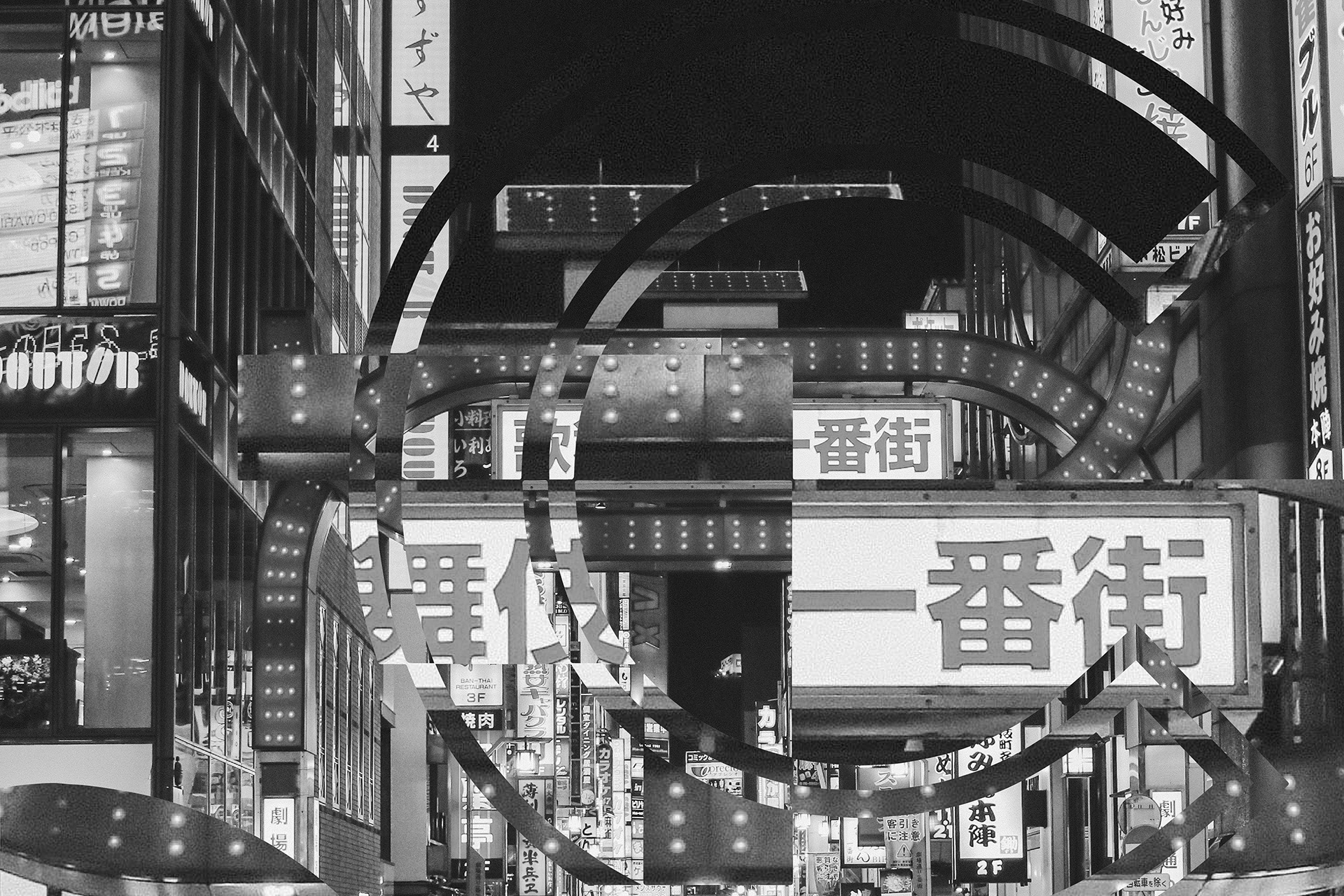
In Defense of Weaboo: Finding Comfort in Japanese Music
In this open column submission, Garrin Faturrahman notes how songs that are sung in languages of unfamiliar language can bring comfort, and how there’s so much to explore if people can overlook the stigma labelled as “weaboos”.
Words by Whiteboard Journal
I find comfort in songs that I don’t understand at first glance. It could either be because reading the lyrics afterwards gives some sort of better context for the whole picture, or it’s just that I was avoiding the dreadful air that reeks in languages that I know instinctively — this occurred to me during my brief phase of being a shut-in some years ago.
Maybe it’s how they compose their music. I believe most Japanese songs are perfect for activities that involve the rush of adrenaline throughout your person. They have this… sort of sense-of-urgency running through the many melodies and blisteringly spirited chord progressions, and they’re perfectly coordinated — as if scientifically engineered — to complement one another. It’s like they’re chasing something, or even being chased by something.
Ranging from something as typical as anime songs, to anything obscure like Shibuya-kei, Japanese songs all convey a profound feeling of expression, immaculate attention-to-detail in their storytelling process, and mixed altogether with superior craftsmanship. However, deep within the pronounced key changes and action-filled rhythms, the Japanese are actually highly courteous of their tradition in songwriting. You may think that most songs coming from the land of two-dimensional deities all sound similar, and you are not too far off. This phenomenon is termed as Ōdō shinkō, or royal road progression. Mainly spotted in anime opening or ending songs and J-pops, you can hear this recurring progression carrying varying degrees of vocal melodies, and despite this pattern seemingly being overused in their crafts, it is still a feat as if they are not running out of ideas.
It’s another thing when you get to the lyrics. One of the recurring themes commonly found in their songs are to have upbeat, dancey, and all-around optimistic melodies to be engulfed in depressing scenarios found in the words they used to accompany said “happy” music. For instance, a vocaloid song titled “Shoujorei” by Mikito-P. You get to hear a tropical mood going on, with acoustic guitar strumming chugging along cheerfully behind bright steel drum playing, coupled with an almost reggaeton drum patterns, but turn on the English lyrics, and you’ll find it’s about a ghost girl manipulating her briefly alive friend to follow her towards the afterlife through the train tracks—hence the railway crossing sounds, and the other girl showing no shadow of herself in the artwork.
Or, taking an example from the other side of the spectrum, when songs perform plenty of drama and action just to put melodies on lyrics that are of everyday scenarios. Say, for example, another one sung by a vocaloid titled “Melt” by ryo. In short, the song starts with the character’s butterflies in welcoming the day where she was set for a date, acting all flustered and convincing herself that her newly cut bangs are cute enough, all while donning a pink skirt and a flower barrette (yes, each are described and sung in the song). The song later progresses where both finally meet up, but rain force majeured its way into the story, forcing them to share an umbrella. The song then ends with her reluctantly saying goodbye as they parted ways at a train station. Despite the humble and unembellished lyrics, the music thrives on with intense and dramatic chord variations, vocals attacking the high notes with vigor, and unnecessarily fierce drums—and I’m all for it.
And that’s the thing about lyrics in Japanese songs: I feel like their songs promote vernacular writing, in a way that most would probably not sound good if written in languages other than their own. Maybe because it originates from their language system. For instance, I don’t think the English “…right?” or the Indonesian “…ya, kan?” would have the same effect as the Japanese “…でしょう ? ” (re: deshou?) in ending a verse. Or maybe it’s their way of escaping their lives for something more mundane and safe? Who knows. Well, of course someone does, and I’m still on my way in finding that out.
I get judgy eyes pointed at me whenever I listen to these songs, and being in a place where fitting in seems like a familiar sight, it doesn’t take much to understand where those came from. If I may say so, there’s so much more to Japanese music than delusional outcasts who keep their heads locked on pining for fictional characters, and plenty more than high-pitched vocaloid singers programmed into thunderous progressions, and once you can look and listen over those impressions, I believe you are in for an ear-opening trip down the lane of pure, unadulterated human feelings kept alive in royal road progressions — blink once and you won’t get to hear it.












